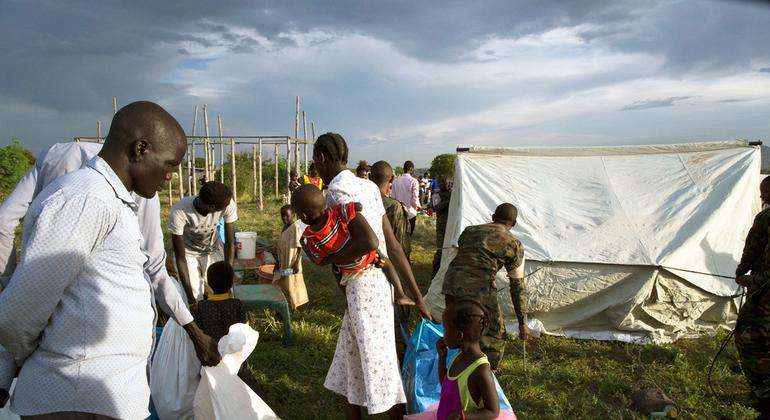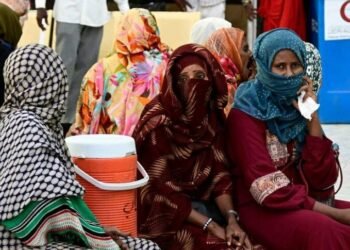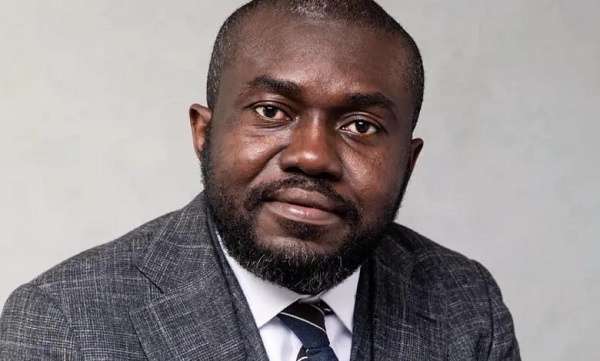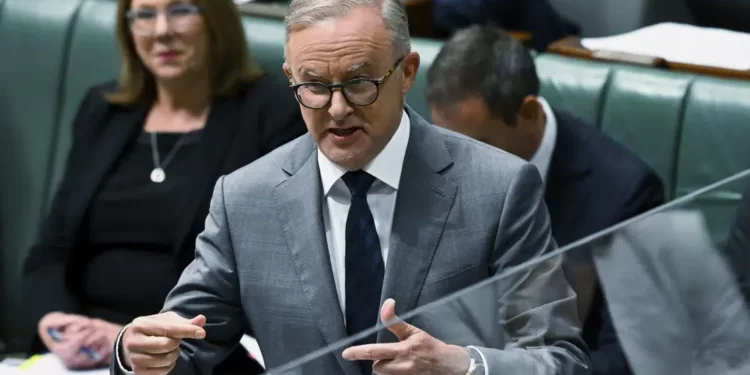On the eve of World Humanitarian Day, Ms. Sara Beysolow Nyanti, Humanitarian Coordinator in South Sudan, called for a joint action to address the humanitarian crisis in South Sudan and an immediate end to attacks against civilians and humanitarian workers.
Sara Nyanti noted that it takes a village to raise a child and in the same way, it takes an array of partners to support crisis-affected people. As such, “We need urgent collective efforts to help the vulnerable population in South Sudan”, Sara Nyanti said.
The Humanitarian Coordinator expressed gratitude, appreciations and respect to the aid workers, communities, local authorities and first responders that provide life-saving assistance to thousands of people experiencing dire humanitarian needs. “I commend the humanitarian workers and all those risking their own lives to alleviate the suffering and save the lives of others,” she added.
South Sudan continues to be the most violent context for aid workers, followed by Afghanistan and Syria. Five humanitarian workers were killed in the line of duty in South Sudan since the beginning of 2022. Across the country, humanitarian workers, and overwhelmingly national humanitarian workers, are affected by the impact of armed violence, bureaucratic impediments, and targeted violence.
Rising humanitarian access constraints
232 incidents related to humanitarian access constraints were reported between 1st January and 30th July this year. To date in 2022, the areas where humanitarian access constraints were the highest experienced were Jonglei and Central Equatoria which account for 40% of all reported incidents since the beginning of the year.
People across the country, especially women and girls, face many protection risks including conflict- related and gender-based sexual violence, armed violence, crimes, abductions, and destruction of properties. These critical protection risks are compounded by rule of law and access to justice deficits.
“Impunity is a perpetuating factor and a driver of conflict and insecurity. There is an urgent need to bring perpetrators to justice. We need strengthened joint action, multidimensional dialogue, and engagement to address this. All armed factions must immediately cease targeting civilians, humanitarian personnel and their assets. Impunity must end”.
Ms. Nyanti
As the crisis in South Sudan continues, the humanitarian community and partners step up to respond every day by providing food and livelihood support, health, nutrition and clean water, protection services and emergency education to millions of women, children and men.
“I would like to highlight and honour the humanitarians, especially women, who work tirelessly on the frontlines in most difficult environment, trying to reach thousands of crisis-affected people. On this day, we come together to pay tribute to all responders supporting people in need of humanitarian assistance, and we should do so every other day”.
Ms. Nyanti
World Humanitarian Day is an international day dedicated to recognize humanitarian personnel and those who have lost their lives working for humanitarian causes. It was designated by the United Nations General Assembly as part of a Swedish-sponsored GA Resolution A/63/L.49 on the Strengthening of the Coordination of Emergency Assistance of the United Nations and marked on 19th August each year.
READ ALSO: MPC Hikes Policy Rate To 22%, Rolls Out Additional Monetary Tightening Measures


















